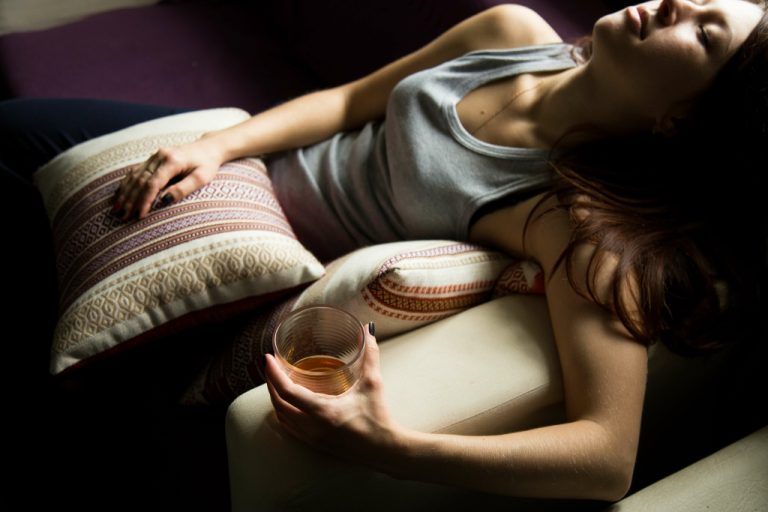It is rich in probiotics which can help foster healthy gut flora, support the immune system, and reduce inflammation. Because these drinks can contain some alcohol and mimic the experience of drinking alcohol, they may not be appropriate for people with substance/alcohol use disorder. Nonalcoholic alternatives, such as mocktails, may allow you to taste more subtle flavors that would normally be masked by the kick of alcohol. Mixing different tastes, such as soda water, cranberry juice, and a dash of lime, can add a refreshing twist.
Mocktails
Also like synthetic alcohol, many experts worried there wasn’t adequate research to prove their benefits and rule out their harms. But what if you could get the buzz of a good drink without the buzz-killing side effects? That’s the marketing hype bubbling up from startups around the world making beverages that promise to make you feel tipsy using the magic of plant extracts, not alcohol. These companies claim that after a botanical beverage, you’ll feel more sociable and relaxed without getting drunk, eliminating the hangover (and bad decisions) that sometimes follow a boozy night. Lion’s mane is brewing up in beers too, infused within Collider’s recently released https://canadatc.com/economy non-alcoholic Unwind Lager and Unwind Session Pale (from £27 for 12, drinkcollider.com).

Best kombucha
- Some of them even have adaptogens, caffeine, or THC in them — and these functional alternatives are some of our favorite options of the bunch.
- And a healthy gut microbiome can have all kinds of broader health benefits.
- Amass Riverine ($35 for a 750 mL bottle at the time of publication) is peppery, astringent, and overwhelmingly piney.
Club soda with bitters has become a sophisticated and refreshing alternative for those looking to skip alcohol while https://weekbaby.ru/muzyka/655-club-music-and-singles-tunnel-2cd-2016.html still enjoying a flavorful drink. Essentially, it’s carbonated water that provides a crisp, bubbly base that’s hydrating, calorie-free, and incredibly versatile. While bitters do contain alcohol, only a few drops or dashes are used, so the drink stays nonalcoholic.

What Are Alcohol Substitutes?
- Pauline established her first multidisciplinary health clinic in 2004, bringing together a team of highly skilled health professionals.
- As Czerwony points out, it all depends on the brand and type you go for, as well as what your usual intake of alcohol is.
- Their other offering, Verbana, is also well worth checking out if something citrussy is more your bag.
- Instead, they’re typically crafted to provide layers of flavor that, when combined with traditional cocktail mixers, create a cocktail-like experience.
- Continue reading to learn more about what they chose, and for more healthy drinking tips, make sure to check out Drinking Habits to Avoid if You Don’t Want Visceral Fat.
- The core emotions surrounding celebrations are often happiness, contentment, pride, and satisfaction.
But sitting around waiting to feel a hit from something designed to capture a light feeling of relaxation is tricky. Was I feeling chipper because it was a Friday night, or because my GABA receptors were firing? Wind down with an alcohol-free white wine, such as syrah or chardonnay, by a brand you already love. It may quickly become one of your go-to healthy alternatives to an alcoholic beverage, especially when you use it for sangria and add all your favorite seasonal fruits. Raising a glass of wine in honor of a birthday, wedding, or other special occasion is common, but the joyful spirit feels just as good with alcohol-free wine. Serving wine sans alcohol still has the same flavors and aromas, whether you’re pairing https://line-of-sight.com/overcoming-social-anxiety/ an alcohol-free wine with a fancy dinner or hosting a wine tasting.


